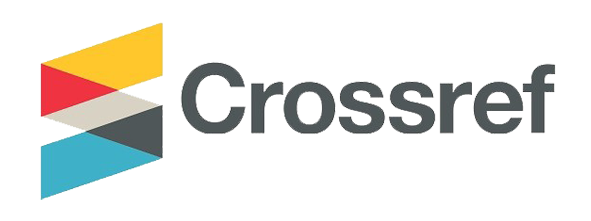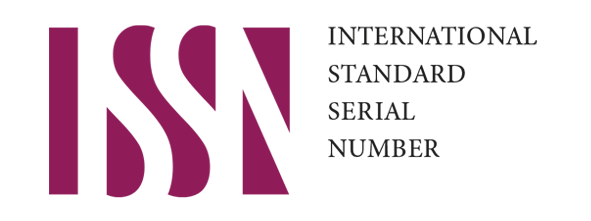Penggunaan Model Pembelajaran Konstruktivisme Untuk Meningkatkan Aktivitas Dan Hasil Belajar Bahasa Inggris Di Kelas XII IPS1 SMA Negeri 2 Gedong Tataan Semester 1 Tahun Pelajaran 2020/2021
DOI:
https://doi.org/10.51178/jsr.v3i3.1000Keywords:
Constructivism, Learning Outcomes, EnglishAbstract
Learning English at SMA Negeri 2 Gedong Tataan is still teacher-centered, students rarely express opinions and lack confidence about what they know, so students tend to be passive. The reality in the learning that has occurred so far is that learning still relies a lot on the teacher. In learning, especially learning Procedure Text in class XII IPS1 at SMA Negeri 2 Gedong Tataan there are still a number of teachers who carry out learning that is not in accordance with the standard learning process. The learning process is still dominated by teacher lectures and students only listen to them. In such conditions the learning experience of students only listens to the teacher's lectures, without any activity, creativity and innovation from students. Students lack the ability to solve contextual English problems and learning is not yet constructivist. Based on the results of the analysis of each cycle, the application of learning using the Constructivism model for the subject matter 'Explanation, Naretive Text and Pamphlet' in Class XII SMA Negeri 2 Gedong Tataan semester 1 of the 2020/2021 Academic Year can be concluded as follows: (1). The average value of student activity increased from cycle I to cycle II. In cycle I, the average value of student activity was 81.67 classified as active, cycle II the average value of student activity was 86.67 classified as active, and cycle III was 90.83, (2). The average value of student learning outcomes has increased from cycle I to cycle II. In the first cycle, student learning outcomes were 64.22, which was classified as sufficient, in the second cycle, student learning outcomes were 68.56, which was quite good, and in the third cycle, 75.31.
Downloads
Published
Issue
Section
License
Copyright (c) 2022 Education Achievement: Journal of Science and Research

This work is licensed under a Creative Commons Attribution-ShareAlike 4.0 International License.














